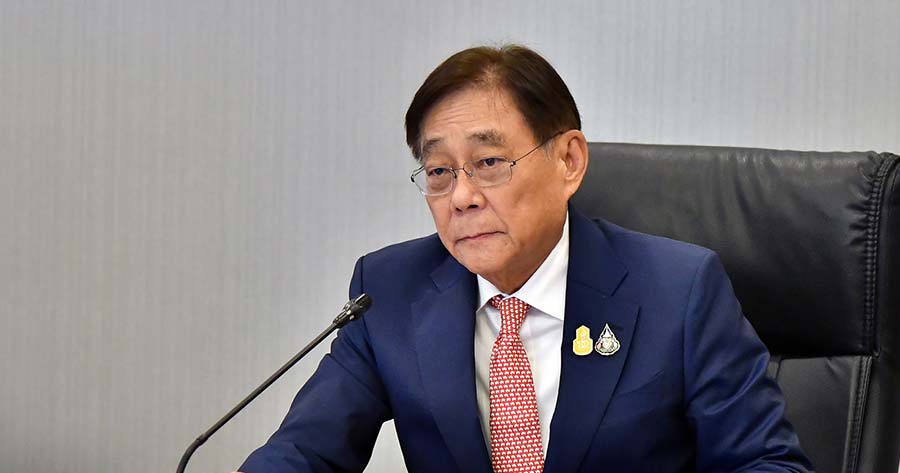Thailand’s Finance Ministry is considering proposing an elevated inflation target of 1.5%-3.5% for the upcoming year, sources familiar with the matter revealed. This move is anticipated to heighten pressure on the central bank to reduce its key interest rate.
Discussions between the ministry and the Bank of Thailand are scheduled to take place later this month to finalize the consumer price range, as stated by the sources who requested anonymity due to the sensitivity of the information. Agreement between the central bank and the Finance Ministry on the target is a prerequisite before presenting it to the Cabinet for approval.
Amid consumer prices rising by a mere 0.6% in September compared to the same period last year, falling below the current 1%-3% target range, a broader band would equip the government with additional leverage in advocating for reduced borrowing costs.
Meanwhile, BOT Governor Sethaput Suthiwartnarueput emphasized that rate settings are currently aligned with Thailand’s economic and financial conditions, underscoring the importance of central bank decisions being shielded against external influence.
Finance Minister Pichai Chunhavajira hinted at the potential benefits of suggesting a higher price band, citing its capacity to propel faster economic growth. However, he refrained from disclosing the specific proposed level.
Notably, the Finance Ministry, under the guidance of Director-General Pornchai Thiraveja, is formulating various options for Pichai to deliberate with the central bank, while discussions are scheduled subsequent to BOT’s rate announcement on October 16. The central bank has maintained its key rate at 2.5% since the fourth quarter of 2023.
In a recent meeting between Pichai and Sethaput, discussions ranged from interest rates to the appreciation of the baht, with the finance minister advocating for a rate reduction. Following the meeting, the minister emphasized the necessity for compelling justifications if the rate panel chooses not to decrease borrowing costs.
Moreover, Prime Minister Paetongtarn Shinawatra’s administration is signaling intentions to exert more influence over the central bank by endorsing Kittiratt Na-Ranong, a critic of BOT’s conservative monetary policy and a loyalist of the ruling party, for the position of new BOT chairman. A decision on this appointment is anticipated later this week.
Although the BOT chairman lacks the authority to directly influence monetary policy decisions, the individual plays a crucial role in appraising the performance of the central bank governor. Additionally, the chairman holds influence over the selection of external experts who contribute to the seven-member rate panel overseen by Sethaput, the current head, slated to retire in September next year.





